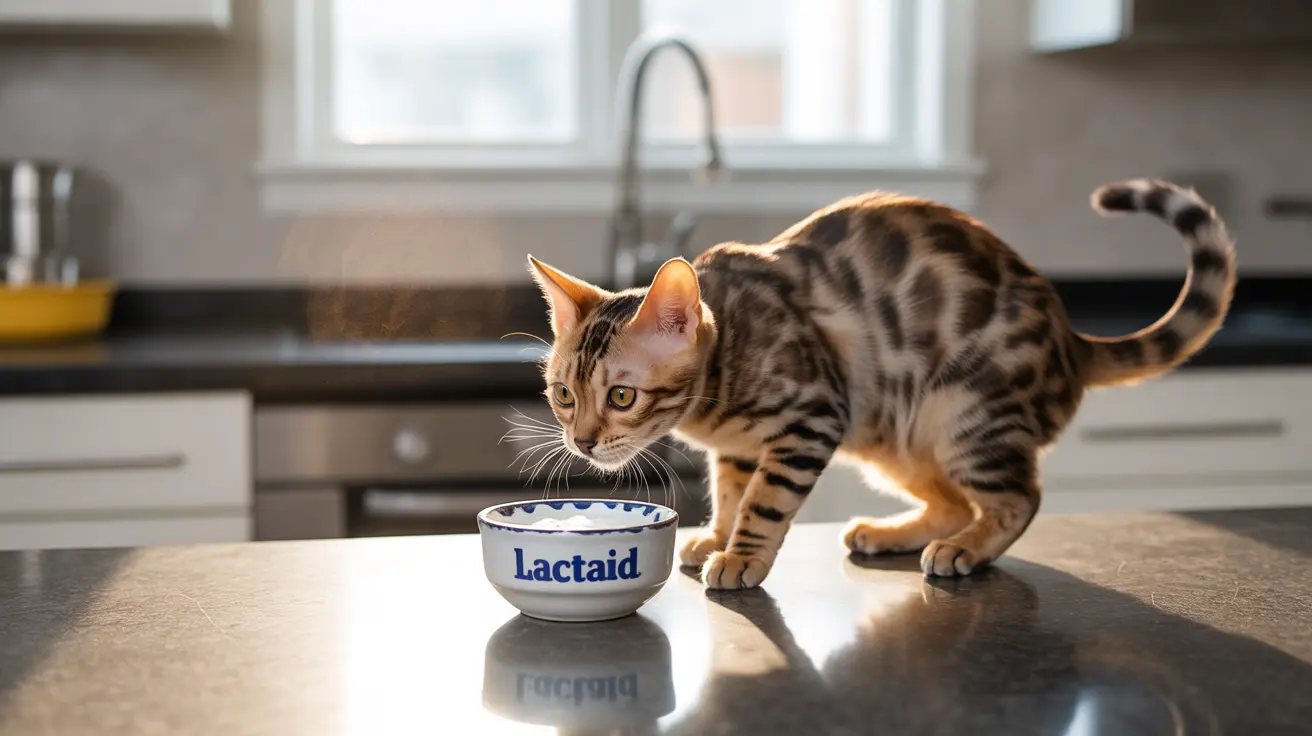If you've ever wondered whether Lactaid milk is a safe alternative for your feline friend, you're not alone. While cats and milk seem to go together in popular culture, the reality is more complex. This comprehensive guide will explore everything you need to know about cats and Lactaid milk, including safety considerations, benefits, and better alternatives.
Understanding whether cats can safely consume Lactaid milk requires examining both feline digestive systems and the nature of lactose-free dairy products. Let's dive into what pet owners need to know about this common household beverage and its relationship with our feline companions.
Understanding Cats and Lactose Intolerance
Most adult cats are lactose intolerant, meaning they lack the enzyme lactase necessary to break down lactose in dairy products. This condition develops naturally after weaning, typically around 7-8 weeks of age, when kittens no longer need their mother's milk.
When lactose intolerant cats consume regular dairy products, they can experience various uncomfortable symptoms, including:
- Diarrhea
- Vomiting
- Stomach upset
- Bloating
- Excessive gas
- Abdominal discomfort
What Makes Lactaid Different?
Lactaid milk is specifically processed to remove lactose by adding the enzyme lactase, which breaks down lactose into more digestible sugars. This process makes it easier for lactose-intolerant individuals - both human and feline - to consume the milk without experiencing typical dairy-related digestive issues.
Safety and Benefits of Lactaid for Cats
While Lactaid milk is technically safe for cats to consume, it's important to understand that it offers no significant nutritional benefits. Cats are obligate carnivores, meaning they require nutrients primarily found in meat to thrive. Milk of any kind, including Lactaid, is not a necessary part of their diet.
If you choose to offer Lactaid milk to your cat, remember these key points:
- Serve only in small amounts as an occasional treat
- Use plain, unflavored varieties only
- Never substitute it for water or regular cat food
- Monitor your cat for any adverse reactions
Better Alternatives for Cats
Instead of Lactaid milk, consider these more appropriate options for your feline friend:
- Fresh, clean water (always the best choice)
- Specially formulated cat milk products
- Bone broth (unseasoned)
- Water fountains to encourage hydration
When to Avoid Lactaid Milk
Some cats should avoid Lactaid milk entirely, including:
- Overweight or obese cats
- Cats with diabetes
- Those with sensitive stomachs
- Cats on special diets
Frequently Asked Questions
Can cats drink Lactaid milk safely without digestive upset?
Yes, most cats can drink Lactaid milk without experiencing the digestive issues associated with regular milk, as it's lactose-free. However, it should only be offered in small amounts as an occasional treat.
Is Lactaid milk healthy or beneficial for my cat's regular diet?
While not harmful, Lactaid milk provides no essential nutritional benefits for cats. Their primary nutrition should come from proper cat food, and water should be their main source of hydration.
How often should I give my cat Lactaid milk as a treat?
If your cat enjoys Lactaid milk and shows no adverse reactions, you can offer it as an occasional treat 1-2 times per week in small portions (1-2 tablespoons maximum).
What are the signs that my cat is lactose intolerant, and will Lactaid help?
Signs of lactose intolerance include diarrhea, vomiting, and stomach upset after consuming dairy. While Lactaid can prevent these symptoms, it's better to focus on providing appropriate cat nutrition instead.
Are there better milk alternatives or special formulas for cats than Lactaid?
Yes, specially formulated cat milk products available at pet stores are specifically designed for feline consumption and are a better choice than Lactaid. However, water should always be the primary beverage for cats.
Conclusion
While cats can safely drink Lactaid milk in moderation, it's not a necessary or particularly beneficial addition to their diet. Focus on providing fresh water and appropriate cat food for optimal feline health. If you choose to offer Lactaid as a treat, do so sparingly and monitor your cat's response carefully.






